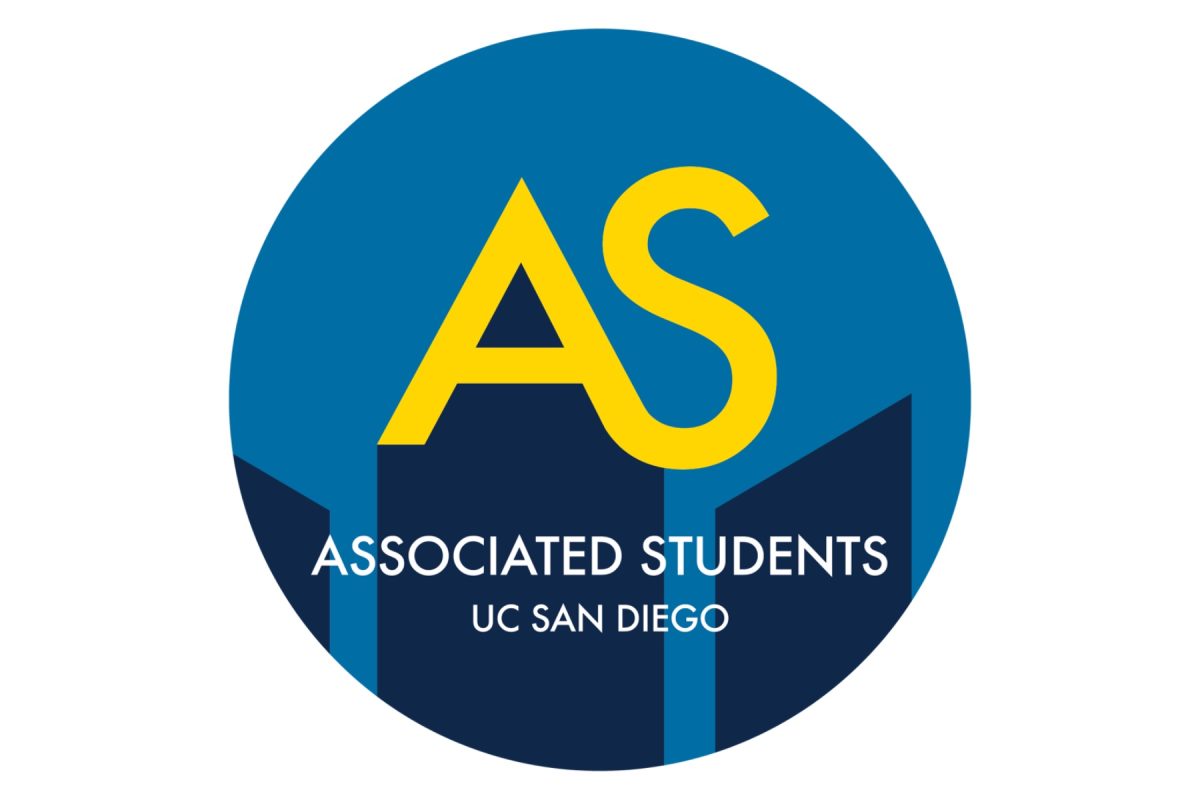SimpleWater, a startup created by UC Berkeley alumni John Pujol and Susan Amrose, will be launching a Kickstarter campaign in 2017 to help raise funds to extend its services and improve its technology in order to provide people with access to cleaner and safer drinking water.
Millions of Americans drink water drawn from private wells that are not monitored for safe levels of toxic chemicals. SimpleWater provides a way for customers to find out what chemicals are in their water and how to make their water safer with personalized reports.
Pujol started the company after travelling to Asia to help remove harmful pollutants, such as arsenic, from the water supplies in several Indian and Bangladeshi cities. According to the World Health Organization, as many as 60 percent of residents in Bangladesh are at risk of drinking water contaminated with arsenic. There have also been several cases of arsenic poisoning reported in West Bengal, India. Pujol and his team travelled to these countries looking for a cost-efficient way to identify and remove arsenic from groundwater.
“Arsenic is a very, very potent carcinogen that is prevalent in the groundwater in Bangladesh and the west of India,” Pujol told the UCSD Guardian. “This is a big issue for communities that don’t have a lot of money, and arsenic unfortunately is one of the most expensive things to remove from groundwater supplies.”
In conjunction with other agencies, Pujol and his team developed a cheaper way to successfully remove arsenic and other heavy metals from groundwater in India and Bangladesh.
“The plan is working quite well,” Pujol explained. “We are now actually at a very meaningful scale of about 10,000 liters [of water] a day right now in a site near Calcutta.”
Following his work in India, Pujol and Amrose founded SimpleWater in 2014 after receiving a grant from the EPA to attempt commercialization of their technology in the U.S.
In order to find out more about the quality of their drinking water, customers can send a sample of their tap water to a lab using one of SimpleWater’s kits. In return, they will get a report describing the contents of their water and how to get rid of potential contaminants if they are present.
Pujol discovered that about one to five percent of California residents who were part of the initial trial of SimpleWater were unaware that they had water pollution problems because their water was never tested. SimpleWater provides these consumers with a way to diagnose these problems as well as fix them. The reports are intended to be consumer and budget friendly so that anyone can understand and apply them.
In order to provide accurate information, Pujol and his colleagues study the toxicology reports released by the federal and state governments and keep a record of the potential side effects of the chemicals.
“We figure out what we actually know,” Pujol explained. “This is a carcinogen proven in rats and likely in humans. This is a neurotoxin, proven in women who are pregnant.”
The company then creates reports to relay the information that it finds to customers. SimpleWater’s labs and water kits have already proven to reduce cost.
“We’re providing tests at 50 percent of the cost of any other lab and we’re also providing unprecedented ease for water testing and we’re able to do that because we buy lots of water tests,” Pujol said.








